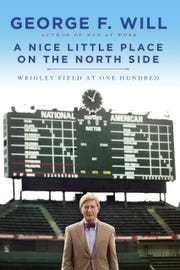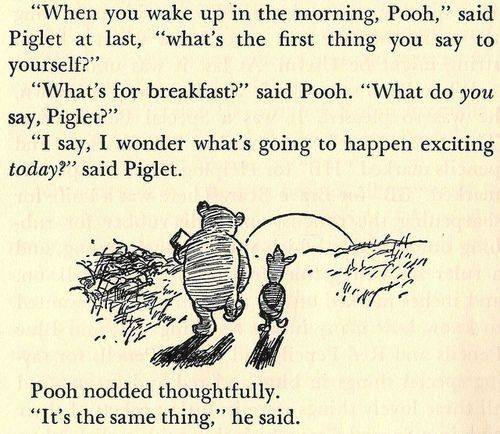As I write this I am waiting for baseball to return. Tom Verducci from Sports Illustrated checked in with Vin Scully to see how he is recovering from his recent fall. Turns out he is missing baseball too.
Meanwhile, MLB.com writers share their favorite baseball books. Lots of great titles on this list.
This year marks the 100th anniversary of the Negro Baseball Leagues. Check out this article on why black baseball still matters after all this time.
Recently at Arlington National Cemetery they opened a 105 year old time capsule. They discovered that the contents had hardly aged.
Nostalgia alert: Necco Wafers will soon be available in stores again.
This is a fascinating story: a real life Lord of the Flies that turned out far differently from the novel.
Ranking the 10 best Sherlock Holmes stories.
Why is classic crime fiction still so popular? You can't do any better than asking Martin Edwards. His book The Story of Classic Crime in 100 Books is an indispensable resource.
More interesting history: How the Black Plague gave rise to the British pub culture.
Alan Jacobs' advice to journalists: stop saying "experts".
This brings back memories: the history of Pac-Man.
An appreciation of one of the best crime dramas of all time: The Rockford Files.
Finally, if there is one writer I can heartily recommend in these dark times it is P. G. Wodehouse. His sunny dispositon and endless optimism is the perfect antidote to these dark times. This New Yorker article explores what happened to Wodehouse following his ill-advised radio broadcasts from Germany during his internment. Meanwhile, this BBC article headline says it all: the man who wrote the most perfect sentences ever written.



